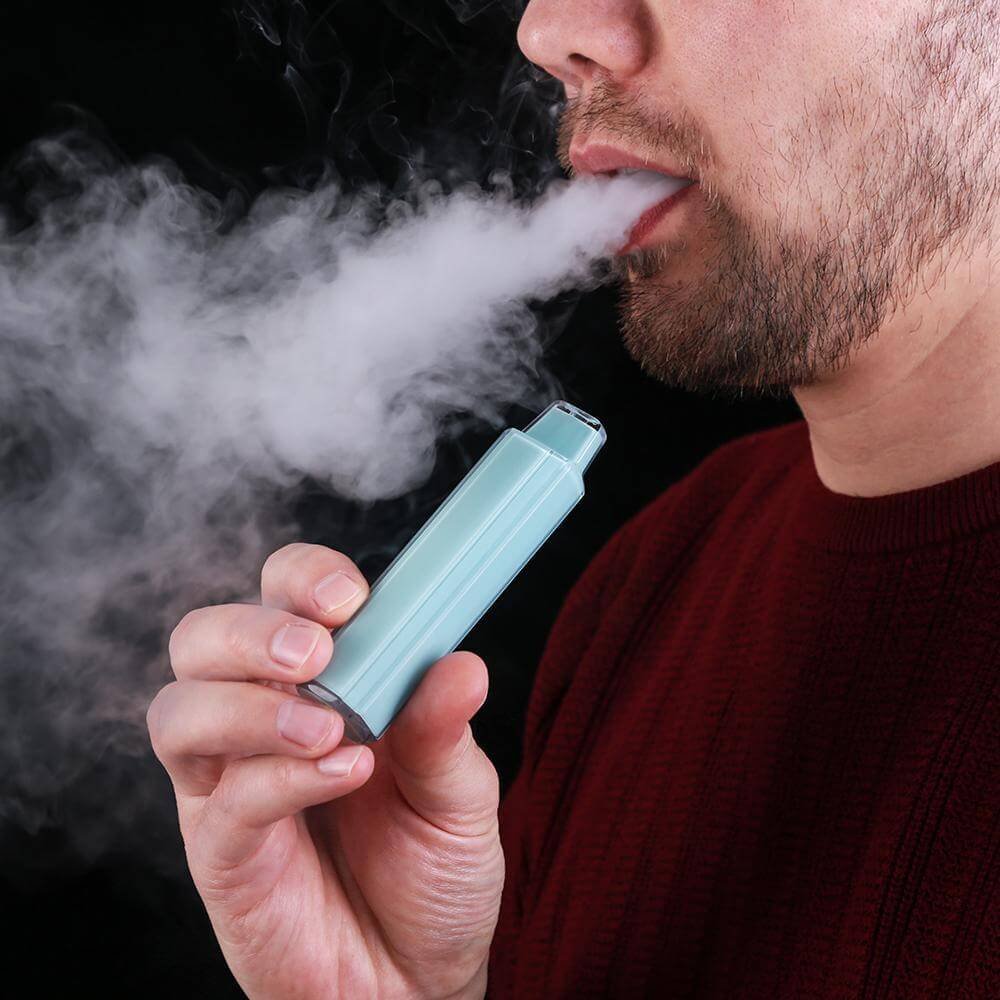Southeast Asia is the world’s largest vaping sales region of replacement pods, with 60-70% of the sales of top brands going overseas in Southeast Asia. It is pretty different from the sales region for disposable vapes. The primary market for them is in the U.S. and Russia.
There are Eleven countries in Southeast Asia: Vietnam, Laos, Cambodia, Thailand, Myanmar, Malaysia, Singapore, Indonesia, Brunei, the Philippines, and Timor-Leste. It covers an area of approximately 4.57 million square kilometers, and the 11 countries have a combined population of over 600 million people. Each country’s policy on vaping varies greatly, from legal to banned to partially legal. The guidelines on vaping in 11 countries are summarised below:
Indonesia ( 270 million people, legal, requires a sales license)
In July 2018, the Indonesian government officially declared vaping legal and designated 18 July as “Indonesia E-Cigarette Day.” Its taxes are 57% on e-liquid.
According to statistics, there are currently over 200 manufacturers and traders of new tobacco products in Indonesia. According to the Indonesian Economic Times, some anti-smoking advocates have advised government authorities that they should be wary of the health risks posed to the public by the sale of vapes. The government should control the safety and quality standards of vaping.
Philippines ( 100.8 million people, legal)
In July 2018, the Philippine government passed a resolution “Use of vaping products as a harm reduction aid “. Compliance U.K. vaping is at least 95% safer than traditional cigarettes.
HR1885 (Harm Reduction Resolution) states that “e-cigarettes offer an alternative, based on the idea of harm reduction, and we can help smokers switch from cigarettes to products that reduce the risk of smoking.” From 2020, It will ban the use and sale of cigarettes or other tobacco products for minors. The service and sale of vaping, heated tobacco products, or components will be prohibited for people under 21 years of age. The Philippine Medical Association has recommended that the city government expand the smoking ban. (Republic Act and Regulation No. 9211 of the Philippines)
Vaping, classified as a medical product and medical device in the Philippines, is smoking cessation. It can only be sold if they qualify for marketing authorization as health care products and health-related devices.
In addition, Vaping in public places in the Philippines can face up to 4 months imprisonment.
Vietnam ( 93.77 million people, ban on sale, medium intensity regulation)
Vaping products are classified as tobacco products in Vietnam.
The sale and marketing of vaping to minors are prohibited: Ministry of Health doesn’t recognize vaping and is contraband in Vietnam**).
Vaping in public places is prohibited, except in designated smoking areas. (Law on Prevention and Control of Tobacco Hazards in Vietnam / Document 2012/QH13)
Thailand ( 69 million people, ban on the sale, weak to medium intensity regulation)
Carrying, buying, selling, and taking vaping products are all illegal within Thailand. Vaping is punishable by up to 6 years imprisonment and a fine of 500,000 Thai strains (RMB 100,000)**; importing, exporting, and selling vapes is punishable by up to 10 years imprisonment. Thai law enforcement authorities have continuously investigated and prosecuted several vaping dealers, and those involved have been held criminally liable.
Myanmar ( 5.458 million people, ban on sales, weak intensity regulation)
The sale, import, and take vaping are banned.
Malaysia ( 32.68 million people, legalization initiated, weak intensity regulation)
In 2015, the Malaysian National Fatwa Committee issued a fatwa (legal healing) declaring vaping harmful to health and unpleasant to smell. The Malaysian federal government began regulating e-liquid ingredients and the sale of e-cigarettes to minors in 2018.
Until 2021, nicotine products are classified as Class C poisons under the Poisons Act and the Medicines and Cosmetics Control Regulations. The sale, distribution, or importation of unauthorized vaping containing nicotine is prohibited. Vaping containing nicotine may only be sold by licensed pharmacies or registered medical practitioners. The sale or supply of vaping containing nicotine to persons under the age of 18 is prohibited. (Malaysian P.U. (A) 223/84 Drugs and Cosmetics Control Act)
In 2021, Malaysia decided to impose a 10% excise duty on vaping devices and e-liquid and an ad valorem excise duty on e-liquid. In the future, Malay will further increase the excise tax.
Cambodia ( 16 million people, ban on sales, weak regulation)
Ban on the sale, import, and use of the vaping device.
Laos ( 7 million people, ban on sales, weak intensity regulation)
In July 2018, Lao President Thongloun Sisoulith agreed and signed a presidential decree on banning the import, distribution, and purchase of vaping devices in Laos and agreed to place the matter in the hands of the public health department. The Lao Anti-Narcotics Division authorities said that regarding efforts to curb vaping products, they would continue to work with relevant departments to inspect targeted shops to eliminate the import and sale of vaping devices.
Singapore ( 5.6 million people, sales ban, high-intensity regulation)
The Singapore Tobacco Act prohibits the importation, distribution, sale, or supply of any form of designed or assembled vaping products. Vaping is classified as imitation tobacco products under the Tobacco Control Act; the sale, distribution, and importation of vaping devices are prohibited in Singapore. (Singapore’s tobacco control law PART III controls the sale of tobacco products)
Timor-Leste ( 1.4 million people, sales ban, weak regulation)
From the second quarter of this year, the Ministry of Health and the Ministry of Finance of Timor-Leste have significantly accelerated the pace of relevant policies. The official attitude is still wavering. It cannot rule out the possibility of a ban on sales with high-intensity regulation in the future.
Brunei ( 420,000 people, ban, medium intensity regulation)
Vaping is classified as tobacco imitations, the sale or importation of vaping devices is banned, and their use in most public places and traffic settings is prohibited. (Brunei Chapter 114 Drugs Act)


